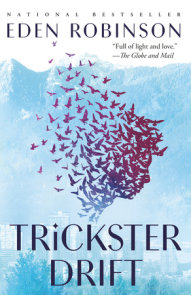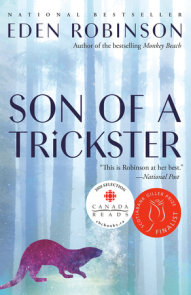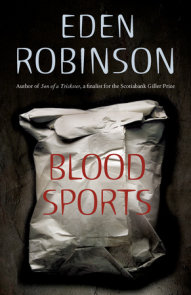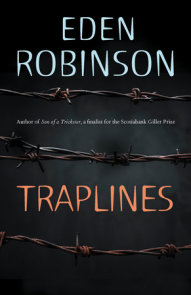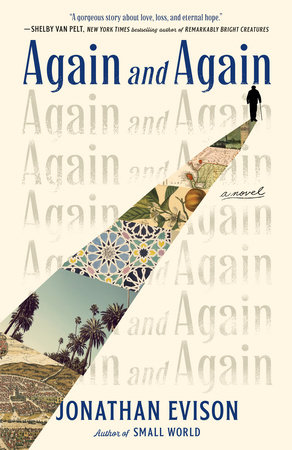


-
$18.00
Jan 09, 2001 | ISBN 9780676973228
Buy the Paperback:
YOU MAY ALSO LIKE
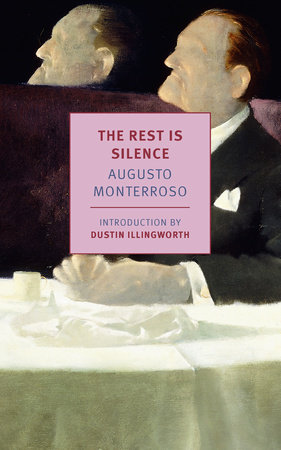
The Rest Is Silence
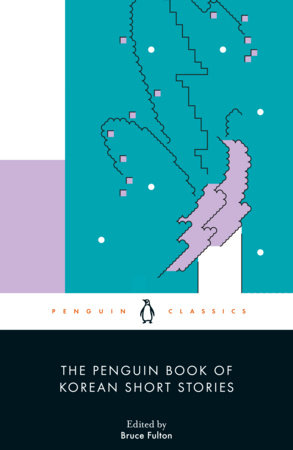
The Penguin Book of Korean Short Stories
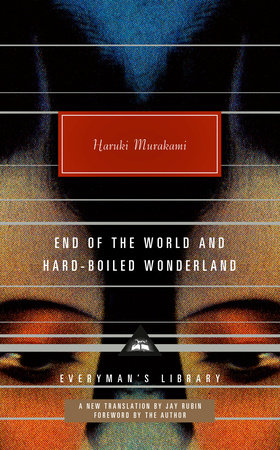
End of the World and Hard-Boiled Wonderland
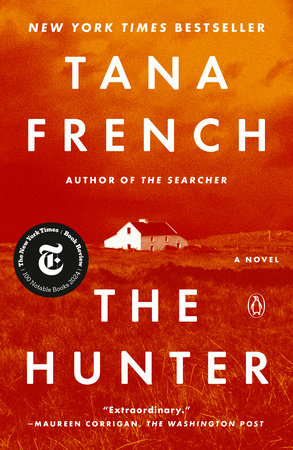
The Hunter
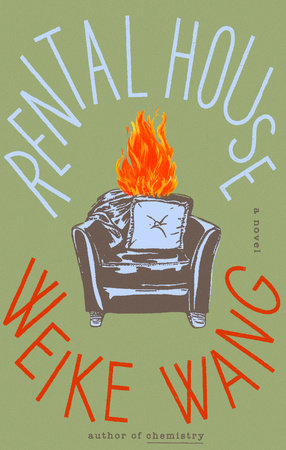
Rental House

Birds, Beasts and a World Made New
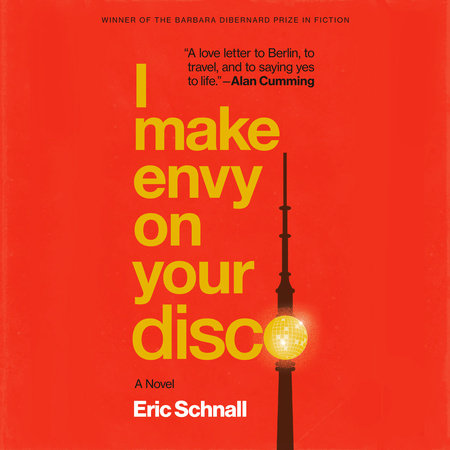
I Make Envy on Your Disco
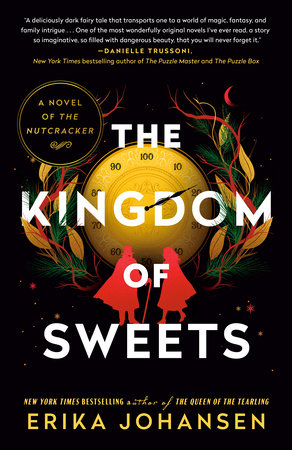
The Kingdom of Sweets
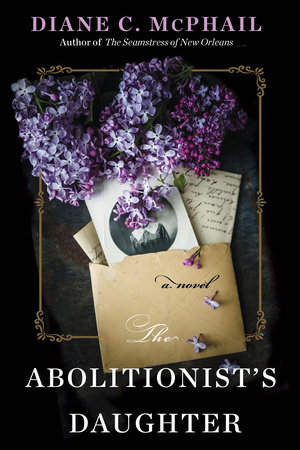
The Abolitionist’s Daughter
Praise
“Robinson’s tribute to the Pacific Northwest and Haisla culture, embodied in her stout-hearted heroine and all her other vital and complex characters, does what good literature does best: it moves meaningfully from the particular to the universal and back again. And Robinson performs this feat with genuine insight, wry humor and transcendent lyricism.”
—Chicago Tribune
“It is, in the best sense, a thriller, a spiritual mystery. The underlying plot centers on what exactly has happened to Jimmy (and why), a question that is only answered in the book’s breathtaking final pages.”
—The Washington Post
“Tough, tender and fierce.”
—Sherman Alexie
“Eden Robinson is one of those rare artists who comes to writing with a skill and maturity that has taken the rest of us decades to achieve.”
—Thomas King
“A graceful and impressive book.”
—Times Literary Supplement
“Far more than a novel of psychological transformation… It is, in the best sense, a thriller, a spiritual mystery… breathtaking… Robinson rewards our faith that after all these years writers can still, as Pound said, ‘make it new.’ In this year’s lineup of lookalike literary prospects she could be the Willie Mays we’ve been hoping for.”
—The Washington Post
“Glorious Northern Gothic… . A compelling story…Robinson has an artist’s eye, and delicately evokes the astonishing natural beauty of the Kitamaat region…behind Lisa’s neutral voice is an authorial presence, weaving Haisla and Heiltsuk lore into the fabric of the novel gracefully, but with the quiet determination of an archivist cataloguing a disappearing way of life… a deeply satisfying conclusion.”
—The Globe and Mail, January 22, 2000
“Monkey Beach is a moody, powerful novel full of memorable characters. Reading it was like entering a pool of emerald water to discover a haunted world shivering with loss and love, regret and sorrow, where the spirit world is as real as the human. I was sucked into it with the very first sentence and when I left, it was with a feeling of immense reluctance.”
—Anita Rau Badami
“Remarkable…Reads like a friend’s conversation over coffee — warm, genuine…The simple, straight-to-the-heart prose gives each element, each event in the story, the same weight and perception of reality…Monkey Beach is both unusual and memorable…The book is a work of a deft talent, all the more remarkable that it is a first work.”
—Denver Post
“Although death hangs like a Pacific mist over these pages, Robinson, herself a Haisla, fills this edifying book with the stuff of the living, from the tiniest details of Haisla life to the mightiest universals of tradition, desire and family love.”
—LA Times Book Review
“Monkey Beach…is written with poise, intelligence and playfulness… Intricately patterned… there is much to admire in this tale of grief and survival…In Lisamarie Hill, Robinson has created a memorable character, a young woman who finds a way to survive even as everything around her decays.”
—National Post, January 22, 2000
“…we bear witness as she spreads her wings — not one note rings false. All the characters…are stubbornly real, mixtures of good and evil. This is Robinson at her best…this is a world worth every ounce of remembrance.”
—Toronto Star, Jan. 23, 2000
“A whirling magical style.” “Native writer’s debut novel catalogues the touch, sound and taste of Haisla life.”
—The Hamilton Spectator, January 29, 2000
“A first novel that bristles with energy — and a spunky heroine…. A haunting coming-of-age story [whose] the tragic elements are leavened with wonderful moments of humour…The characters in the book emerge brilliantly.”
—Maclean’s
“[Robinson’s] command of language and ability to create three-dimensional, believable characters result in a hypnotic, heady sensory experience —. The beauty of the book is in the details —Robinson combines mortal and spiritual worlds, the past and the present, seamlessly fusing them into a cogent, non-linear narrative —. Riveting.”
—NOW (four-star review)
“Robinson…cuts through the superficial and goes straight to the heart.”
—eye Weekly
“Robinson’s specialty is presenting the day-to-day: no bells, no whistles, no filtered lenses…but a lot of close-ups… The humour is pure, but the grit and blood is mixed with meditations on still waters, ancestral voices, ghostly footsteps and beating hearts…[Monkey Beach is] an important work of understanding.”
—Edmonton Journal
“Traplines was acclaimed for its startling blend of reality, brutality and humour — Monkey Beach carries [Robinson’s] signature. But it does more. The dark humour is still pure, but the grit and blood is now mixed with meditations on still waters, ancestral voices, ghostly footsteps and beating hearts.”
—The Vancouver Sun
“Eden Robinson taps her own Haisla-Heiltsuk heritage to hurl [our Native] stereotypes into the West Coast mist and cigarette fumes that drift through her story. Her heroine, Lisamarie, is fierce and funny and screwed up, [and] her story, told through her memories of a past both rich and troubled, reveals a woman as strong and intricate as a carved mask.”
—Chatelaine
“Monkey Beach is an important novel. It exposes the redemptive, vital lives of a once dying culture with Robinson’s insider compassion and trickster wit—. Robinson has energy; she resists the slickster sophistication that dries out so much of today’s fiction; her humour is not urbane and nasty but shifty and wise.”
—Quill & Quire
“Robinson’s characters are refreshingly real, simply yet elegantly wrought”
—Elm Street
“Monkey Beach is a gift.”
—Homemaker’s
“Monkey Beach…is pervaded by a powerful sense of menace, and the haunting spirituality that lurks in the beautiful landscape of Canada’s Pacific coast.”
—Independent
“Fans of Robinson’s bleak, compelling shorts won’t be disappointed.”
—Esquire
“Beautifully written and haunting, this is an impressive debut.”
—Times
“Her debut novel is an absorbing, if at times, disturbing, imaginative work.”
—Daily Telegraph
“In her debut novel, Monkey Beach, Eden Robinson, a young First Nations woman who grew up in Haisla territory near Kitimat BC, does not wring her hands or cast blame. This is a candid and contemporary tale of family love and societal screw-ups and she simply acknowledges the reality of an unfolding universe.”
—Kitchener-Waterloo Record
“Well worth reading…a complicated fabric of disaster and redemption.”
—Newsday
“A gripping read… Smart, lyrical, simple prose, dramatic and affecting… Her truths, like her heroine, are young, raw, stark…Nature is evoked so vividly that chronology seems almost artifice. You see the seasons through Lisa’s eyes, as if they are calendars and clocks, until place becomes time, and you understand the world that was lost.”
—San Diego Union Tribune
“A wonderful read…Lyrical but straightforward, enchanting… ultimately, redemptive.”
—Milwaukee Journal-Sentinel
Awards
BC Book Prize’s Ethel Wilson Fiction Prize WINNER 2001
Governor General’s Literary Awards – Fiction SHORTLIST 2000
Scotiabank Giller Prize SHORTLIST 2000
Sunburst Award SHORTLIST 2001
21 Books You’ve Been Meaning to Read
Just for joining you’ll get personalized recommendations on your dashboard daily and features only for members.
Find Out More Join Now Sign In







